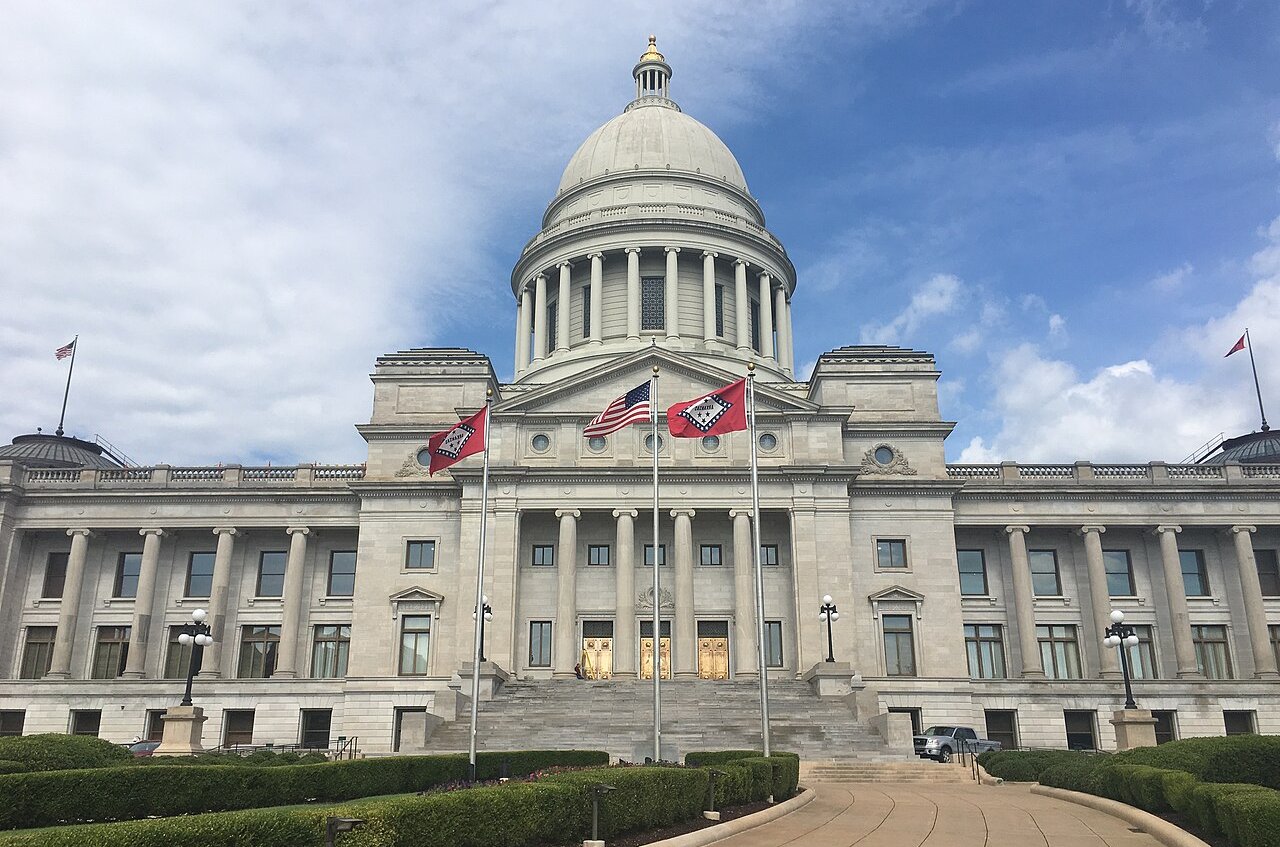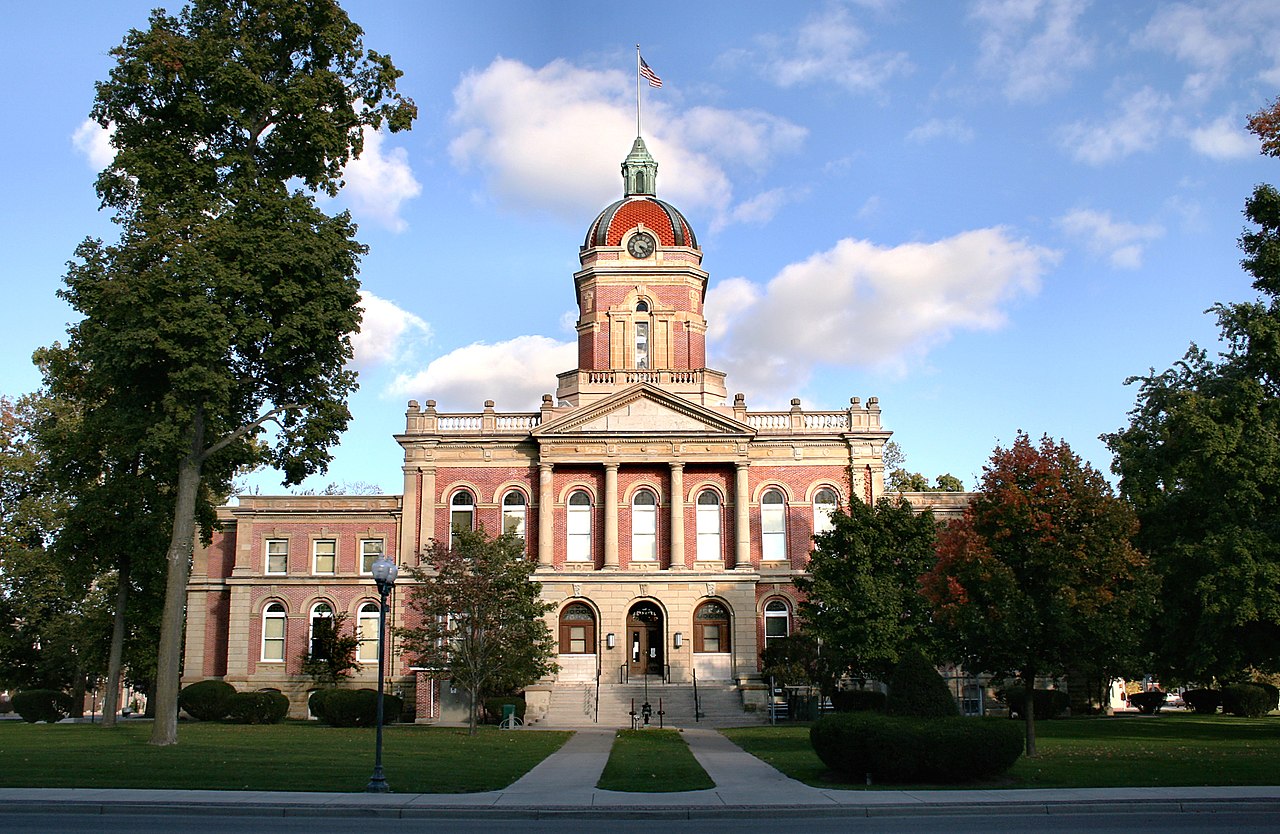Your Turn To Care
Family obligation takes on a whole new meaning in certain parts of America. This legal reality surprises many adult children when they find out their responsibility extends beyond moral duty and goodwill.

Alaska
Alaska's filial responsibility law is enshrined in Alaska Statute 25.20.030, “Duty of Parent and Child to Maintain Each Other”. It states that parents are required to maintain their children if they are poor and unable to work to support themselves.
Alaska (Cont.)
Similarly, grown-up folks are required to look after their parents if they are poor and unable to work to support themselves. Respected courts usually assess the financial capacity of the obligated party before imposing this act upon them.
Pennsylvania
Written in 23 Pa.C.S. Section 4603, this legislation has been in force since before the Revolutionary War. However, its implementation by nursing homes and other care institutions has recently brought it back into the spotlight. Spouses and parents are also considered responsible.
Pennsylvania (Cont.)
Note that facilities may pursue legal action against them for unpaid nursing home costs, even if the kids did not cause the difficulties. A notable case is Health Care & Retirement Corporation of America v. Pittas, where a son was held liable for nearly $93,000.
Arkansas
The Natural State's approach to eldercare begins with its legal framework that firmly places parental support on adult children's shoulders. Arkansas stands out for implementing some of the nation's oldest statutes. These date back to territorial days when community survival depended on family care networks.
 HAL333, CC BY-SA 4.0, Wikimedia Commons
HAL333, CC BY-SA 4.0, Wikimedia Commons
Arkansas (Cont.)
While strolling through the Ozarks' beauty, residents understand that neglecting parents can result in civil penalties. These include compensation orders and financial liability for nursing facilities. What makes Arkansas unique is how these laws interact with the state's strong religious traditions.
California
Hollywood glamour often overshadows California's solemn stance on this matter. The authorities check the parents' financial situation, including their income, assets, and eligibility for public assistance programs like Medi-Cal (California's Medicaid program). They also consider whether the parent has the capacity to work.
California (Cont.)
Despite its progressive reputation, the Golden State permits healthcare providers to sue their progeny directly for unpaid parental medical bills. The California legal system balances these requirements against the state's high cost of living by crafting complex financial calculations for families.
Connecticut
The financial stakes are particularly high here. If a parent is unable to support themselves financially and the adult child has the means to provide support, the child may be held legally in charge of their parent's basic needs, such as food, housing, and medical care.
 John9474, CC BY-SA 4.0, Wikimedia Commons
John9474, CC BY-SA 4.0, Wikimedia Commons
Connecticut (Cont.)
Courts often consider family support obligations when determining Medicaid eligibility and long-term care options. Connecticut residents face some of the nation's highest eldercare costs, which average over $13,000 monthly for nursing facilities. The law applies exclusively to parents under 65 years old.
 Ragesoss, CC BY-SA 4.0, Wikimedia Commons
Ragesoss, CC BY-SA 4.0, Wikimedia Commons
Delaware
Delaware, known as the First State, isn't just famous for its role in American democracy. It also set some early rules about family care that are still in use today. Apparently, these laws can reach relatives even if they live far away.
 PookieFugglestein, Wikimedia Commons
PookieFugglestein, Wikimedia Commons
Delaware (Cont.)
Because Delaware is a small state, tight-knit communities often monitor the well-being of the elderly. Hence, there is a blend of informal support from neighbors and official legal requirements to ensure parents get the care they need from their kids.
 Famartin, CC BY-SA 4.0, Wikimedia Commons
Famartin, CC BY-SA 4.0, Wikimedia Commons
Georgia
Talking about Georgia, this area’s courts have established precedents allowing nursing homes and medical facilities to take action against children for their parents' unpaid care bills. It integrates with the state's estate recovery program to form potential legal entanglements that can persist even after a parent's passing.
 Warren LeMay, CC0, Wikimedia Commons
Warren LeMay, CC0, Wikimedia Commons
Georgia (Cont.)
Despite the existence of this law, it is seldom applied in practice. Counties rarely provide support that would trigger such claims, making it unlikely for these grown-ups to face legal issues under this statute. People, therefore, believe that Georgia's approach is much more limited in scope and application.
Indiana
Before pursuing legal action, the state typically requires a demonstration that the parent provided support during the child's minority years. This brings about a reciprocal obligation framework. The legal standards here focus on "necessary support," a term Indiana courts have interpreted.
 tpsdave, CC0, Wikimedia Commons
tpsdave, CC0, Wikimedia Commons
Indiana (Cont.)
So, it includes not just medical care but also appropriate housing and transportation for medical appointments. Reportedly, healthcare providers in the Hoosier State have successfully sued adult children for thousands in unpaid parental medical expenses, establishing clear financial consequences.
 Derek Jensen (Tysto), Wikimedia Commons
Derek Jensen (Tysto), Wikimedia Commons
Kentucky
Beyond bourbon and horse racing, the Bluegrass State takes a different stand by incorporating these obligations into its broader elder protection system. Adult Protective Services sometimes initiates investigations that can also lead to civil proceedings against neglectful individuals.
 Ken Lund, CC BY-SA 2.0, Wikimedia Commons
Ken Lund, CC BY-SA 2.0, Wikimedia Commons
Kentucky (Cont.)
Kentucky's rural nature impacts implementation. Its geography creates special challenges for adult children responsible for parents living in isolated areas with limited healthcare access. Courts here determine "reasonable care" based on the parent's established lifestyle and the child's financial capacity.
 Christopher Boswell, Adobe Stock
Christopher Boswell, Adobe Stock
Louisiana
Did you know that Louisiana's legal system is based on the Napoleonic Code rather than common law? In this case, there are financial obligations on both sides—not only from parents to progeny, but also maybe between siblings in cases where caregiving duties are not fairly divided.
 Farragutful, Wikimedia Commons
Farragutful, Wikimedia Commons
Louisiana (Cont.)
These rules intersect with the state's strong Catholic traditions. According to sources, older kids can be liable for basic necessities and for maintaining their parents' dignity and quality of life according to their previous standard of living. The state's vulnerability to natural disasters has prompted additional provisions.
Massachusetts
In Massachusetts, the law regarding filial responsibility is outlined in Chapter 273, Section 20 of the Massachusetts General Laws. This statute mandates that adult children who have sufficient means must deliver financial support to their indigent parents under specific circumstances.
 Nina R, CC BY 2.0, Wikimedia Commons
Nina R, CC BY 2.0, Wikimedia Commons
Massachusetts (Cont.)
A grown-up child may be subject to fines of up to $200, up to a year in jail, or both if they ignore or refuse to provide the required assistance. Sometimes, nursing homes may seek reimbursement from their progeny for unpaid bills if a parent qualifies as indigent.
Mississippi
Courts in the Magnolia State consider family financial history when determining support obligations. They sometimes reduce requirements for those individuals who received limited support during their own upbringing. Mississippi's concerned law (Miss. Code Ann. Section 43-31-25) only extends to offspring.
 CHUCK KELLY, CC BY-SA 2.0, Wikimedia Commons
CHUCK KELLY, CC BY-SA 2.0, Wikimedia Commons
Mississippi (Cont.)
This strict rule says that if someone can't take care of themselves—like if they're a "pauper"—their family has to step in and help out. This means covering the basics, like food, a place to live, and any other medical needs.


















